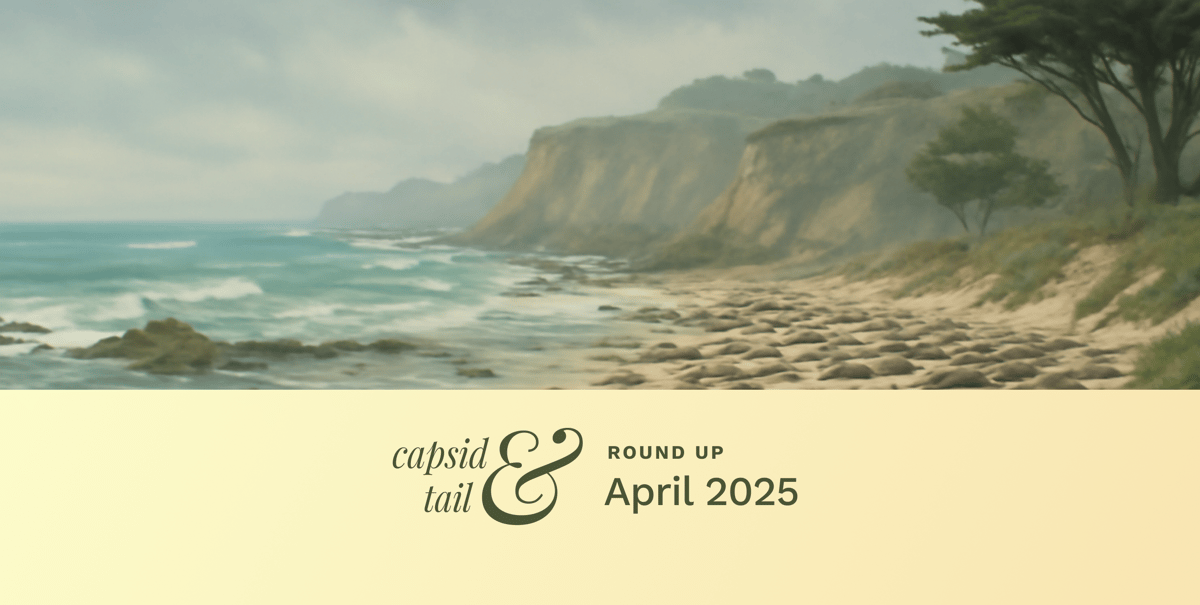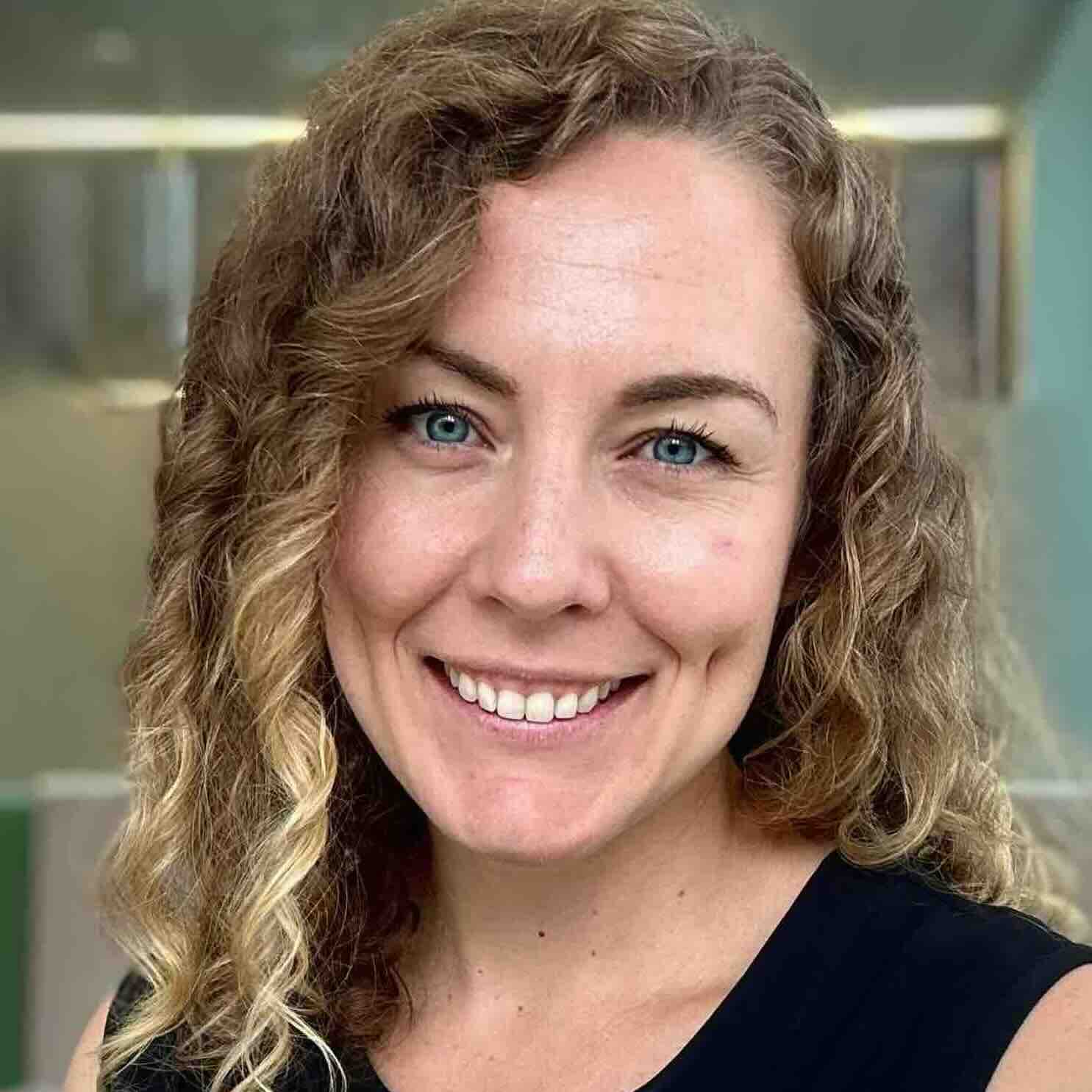Sabrina Green (KU Leuven) wrote a great perspective piece for Nature Microbiology on communicating the promise of phage therapy, her tips on how best to use social media (when memes? when papers?) to get more people to understand its promise and limits, and why she always makes time for science communication. A really nice reminder for us all!
Also — I had no idea about the ‘hidden-locked-door-in-the-lab saga’ that jumpstarted Sabrina’s super successful twitter account!
Lizett Ortiz de Ora (University of California, Irvine) and colleagues published a new paper on visualizing phage transmission dynamics in zebrafish gut microbiomes, showing antibiotics triggered waves of interbacterial phage transmission and sudden shifts in gut community ecology.
Hui Yue (Zhejiang University) and colleagues published a new paper on filamentous phages as tumor-targeting immunotherapeutic agents, showing engineered phages can home to tumors and block PD-1/PD-L1 interaction for targeted cancer immunotherapy without systemic side effects.
Jacopo Marchi (University of Maryland) and colleagues published a new paper on stable coexistence of phages and bacteria, showing how spatial interactions and chemotaxis enable long-term coexistence and dispersal of virulent phages with migrating bacterial hosts.
Jagdev Singh (The Children’s Hospital at Westmead) and colleagues published a new paper on safety of bronchoscopic and nebulised phage administration, showing no adverse events and improved lung function in two adolescents with cystic fibrosis receiving phage therapy for Pseudomonas aeruginosa infection.







